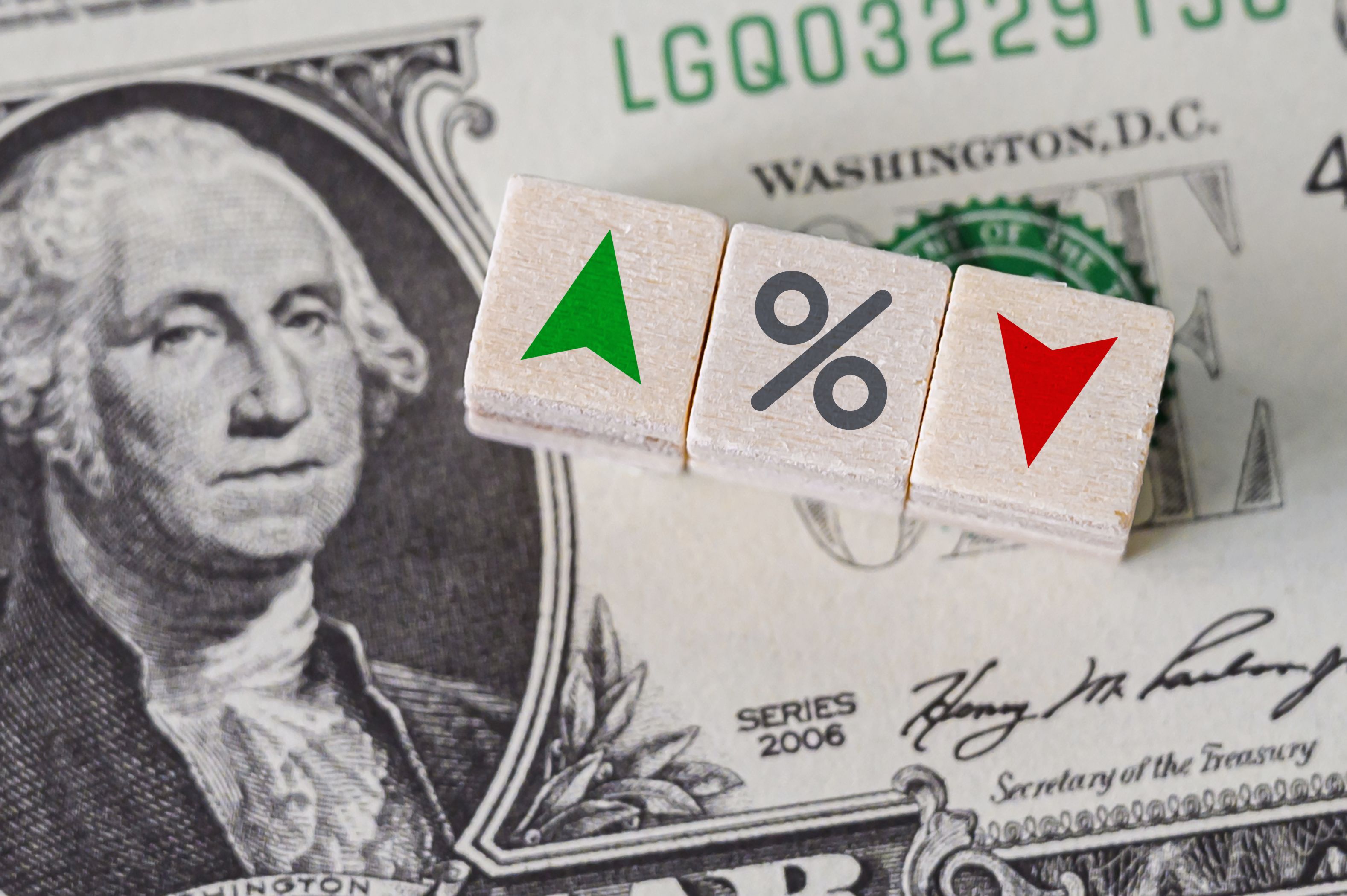
Within just a few months, the Covid-19 coronavirus has enveloped the world, infecting 435,000 people, killing more than 19,000, and overwhelming even advanced economies’ health systems. Once the shock hits vulnerable low-income countries, the already-high human and economic costs will rise further – for the entire world. The only chance we have of limiting the fallout is to work together.
When the news first broke that a novel coronavirus had emerged in China, many assumed that the outbreak’s trajectory would resemble that of the last China-born coronavirus, severe acute respiratory syndrome (SARS). But the 2002-03 SARS outbreak lasted only six months and affected just 26 countries.
As such, that outbreak’s economic consequences – borne primarily by the services sector – were short-lived and concentrated largely in China, though neighbouring economies were affected through trade and finance. When the outbreak ended, the Chinese economy recovered rapidly, with fiscal and monetary expansion supporting a rebound in consumption and investment.
By contrast, Covid-19 has already spread to more than 170 countries, disrupting value chains, impeding worker mobility, increasing production costs, and weakening demand. In China, fixed investment, industrial output, and retail sales declined at a double-digit annual rate in the first two months of the year. The United States and many European economies are also suffering. The US stock market just faced its worst week since 2008; indeed, market turmoil worldwide evokes the global financial crisis of 12 years ago.
The Organization for Economic Co-operation and Development now forecasts a 1.5-percentage-point decline in global GDP growth this year, though the specifics depend on how long the outbreak lasts. If the virus can be contained within the next month, the economy could bounce back by the end of 2020. If not, the economic consequences could be catastrophic. In the worst-case scenario, the world would face a contraction similar to that of 2009.
But this does not mean that governments are powerless to limit the pandemic’s fallout. The problem is that, so far, they have implemented inward-looking measures, many of which have turned out to be ineffective or excessive. Unilateral travel bans have caused chaos. Monetary easing – including the US Federal Reserve’s announcement that it would slash policy rates nearly to zero and resume quantitative easing – has done little to reassure investors.
Governments are also implementing various fiscal measures, including tax breaks and subsidies. Larger-scale fiscal action will come later, and its effects – in both the short and long term – are uncertain.
In truth, many economies have less scope for expansionary fiscal and monetary policy than they did after the global economic crisis. Policy interest rates in Europe and Japan are already negative. And most advanced economies have little fiscal space.
In any case, unilateral measures would never be sufficient to protect a deeply interconnected global economy, let alone to combat a virus that doesn’t respect borders. Instead, the leaders of all major economies should work together to design a comprehensive strategy that encompasses multilateral and co-ordinated national-level action.
In the wake of the 2008 global financial crisis, G20 leaders agreed to co-ordinate monetary and fiscal policies – including interest-rate cuts, quantitative easing, and spending measures worth 5.5% of GDP in 2009 and 2010 – and rejected trade protectionism. Together with wide-ranging reforms aimed at safeguarding the global financial system, these measures played a crucial role in saving the world economy.
Today, governments – especially from the G20 economies – should adopt a similar approach. Of course, given the lack of fiscal and monetary ammunition, the details will need to differ. But a co-ordinated joint response – including fiscal, financial, and trade measures – remains vital.
Moreover, in a pandemic, economic policy is not enough; health-related actions are also needed. Unilateral travel bans should be eschewed in favour of co-operative responses, including information-sharing and co-ordination in the development and delivery of vaccines and treatments. Public-health systems must be protected.
Co-operation is in everyone’s interest. Yet, at a time of intensifying nationalism, weak political leadership, and rising political and economic tensions between the world’s two largest economies, effective international action is proving difficult to come by. The US and China, for example, are locked in an utterly counter-productive blame game. US President Donald Trump has insisted on calling Covid-19 the “Chinese virus”, stoking xenophobia and impeding progress. Some Chinese officials have promoted the conspiracy theory that the US military brought the virus to China.
This approach may be used to justify economically damaging restrictions on cross-border flows of goods and people. But the unavoidable reality is that no country can handle this pandemic alone. As we have seen in every past global crisis, effective policy co-ordination is the only way to limit cross-border spillovers and protect trade and financial flows.
There is some reason for hope. G7 leaders have pledged to use “appropriate” fiscal and monetary measures to respond to the pandemic and restore growth. But the G20, working with international organizations, would be a better – and better-resourced – platform for planning a co-ordinated response.
The upcoming virtual G20 summit is the ideal opportunity to get started. Leaders should share information and experiences from China, South Korea and Europe, agree to collaborate on the development of diagnostics and therapeutics, and establish the pillars of economic-policy co-ordination. Throughout this process, the G20 should bear in mind the need to prepare for the next crisis.
In this age of interdependence, the only way to help ourselves is to help one another. Short of a vaccine, international co-operation is our best weapon against a deadly virus – and our best defence against global economic collapse.
Lee Jong-Wha is professor of economics and director of the Asiatic Research Institute at Korea University.









